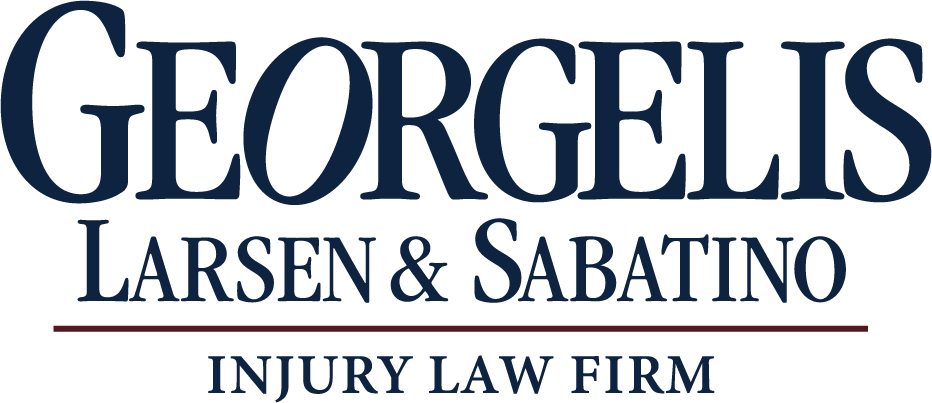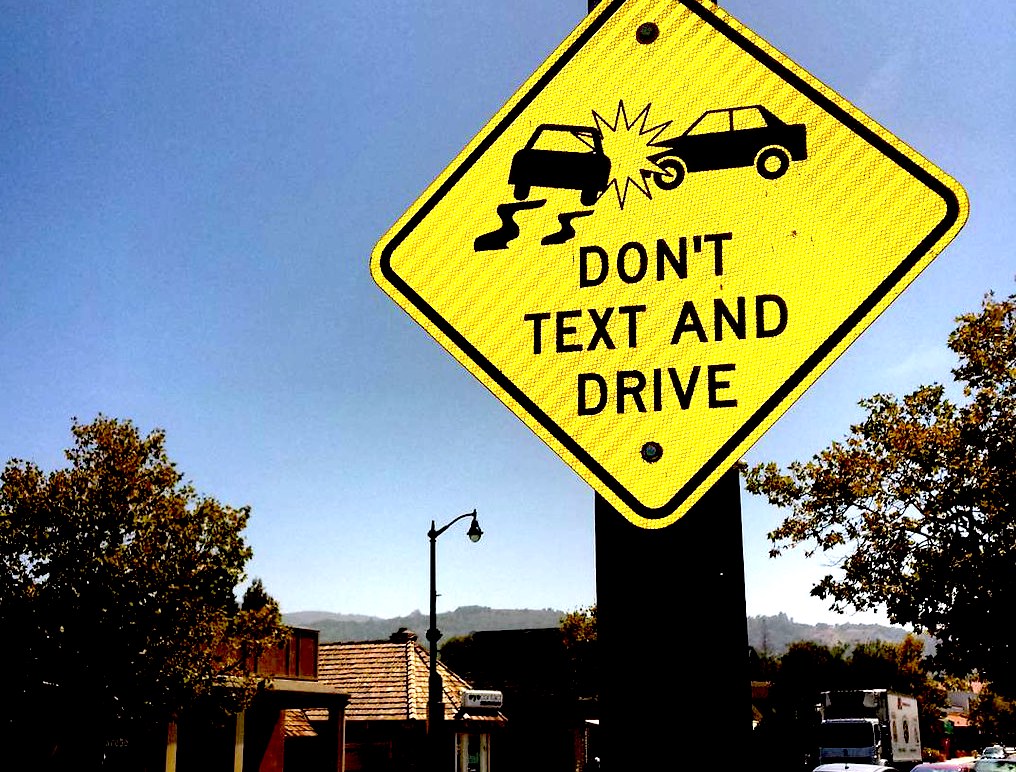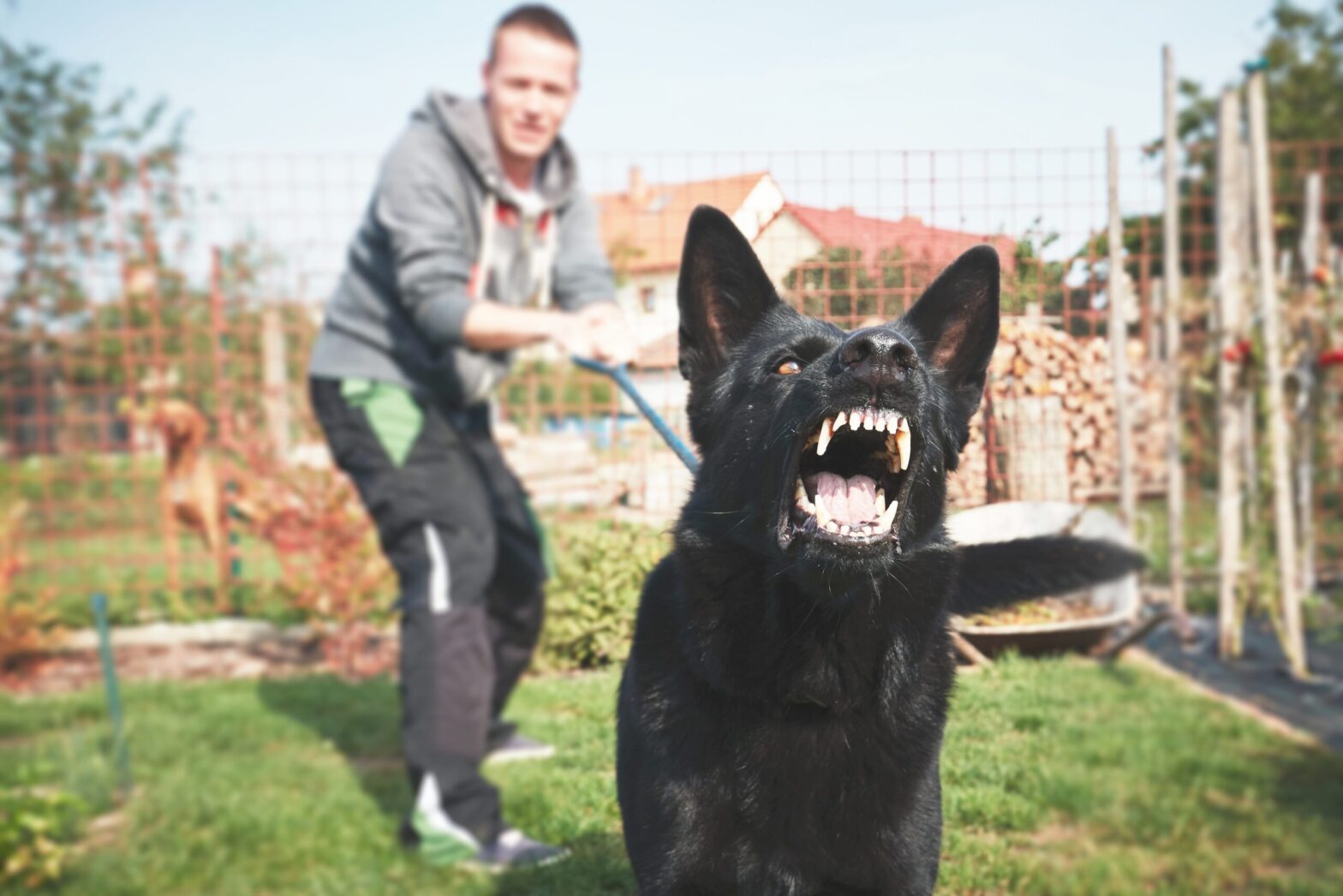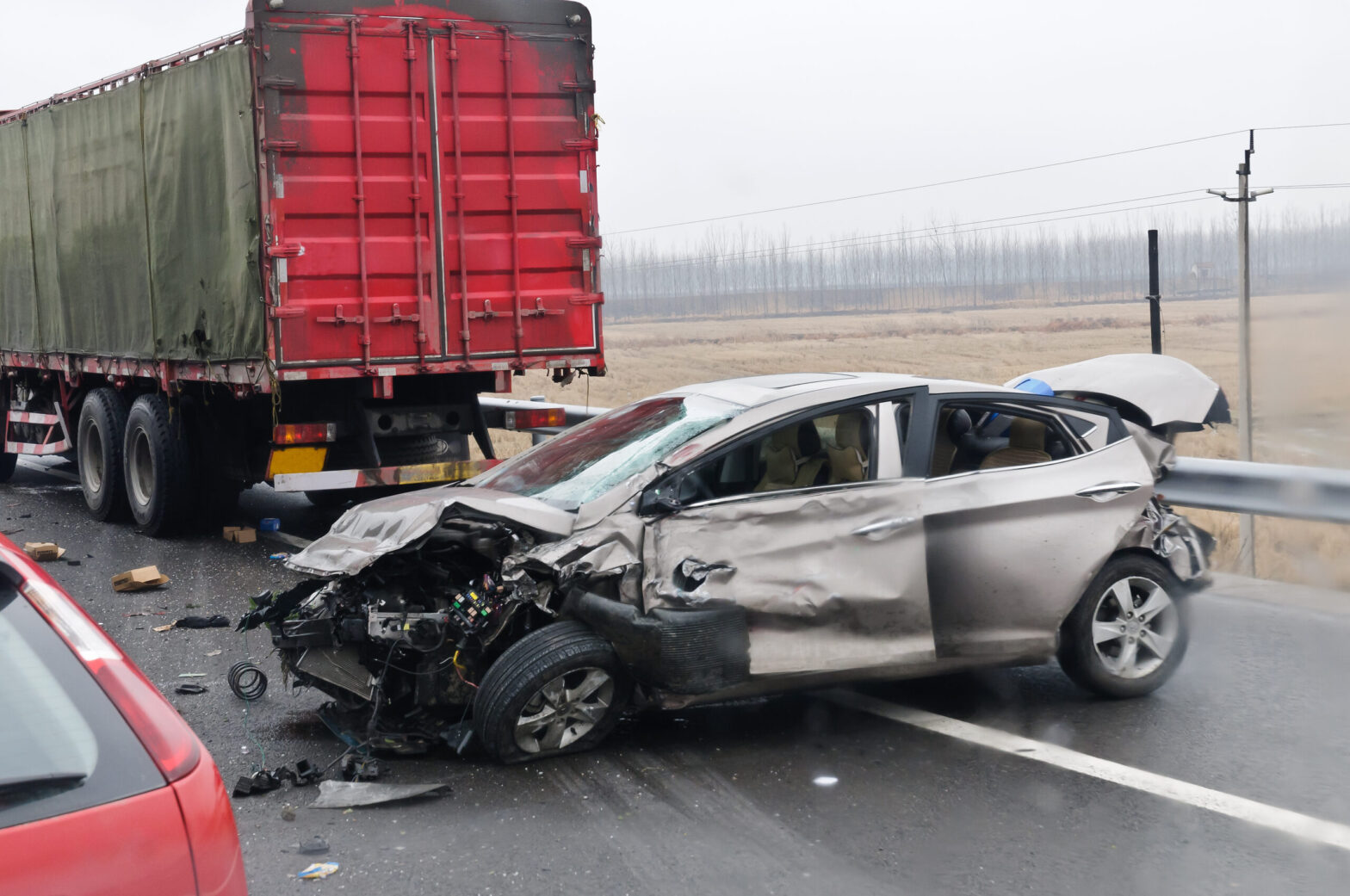
Every year, teens search far and wide for the perfect summer job. From life-guard duties to working on a farm, many jobs that teens take on come with risks and an increased chance of injuries. Thankfully, Pennsylvania’s Workers’ Compensation Act provides coverage of medical expenses and wage-loss compensation for nearly every worker in the state, including seasonal and part-time workers. This is true, even when a teen is under the age of 18 at the time of the accident. To better understand your rights after an accident, let’s take a look at:
- Most Common Teen Work Accidents
- Pennsylvania Child Labor Laws
- Navigating Pennsylvania Workers’ Compensation Claims for Teens
- Steps to Take after Teen Work Accidents
Most Common Teen Work Accidents
Many teenagers have physically strenuous jobs, are inexperienced in their new roles and/or are not properly trained on the necessary equipment to perform their job duties. While child labor laws prohibit teens from working the most dangerous types of jobs, there are still many ways teen work accidents can happen, including:
- Slip/trip and fall injuries due to wet or greasy surfaces
- Back injuries sustained from heavy lifting, perhaps children at daycare facilities
- Burns caused by careless handling of hot cooking oil and grease
- Falls from ladders while retrieving items from high shelving in retail stores
- Cuts, bruises and fractures caused by landscaping equipment
- Auto accident injuries while working as a delivery driver
Pennsylvania Child Labor Laws
Pennsylvania’s Child Labor Law puts strict limitations on children under the age of 18 working in certain roles, and all children under the age of 18 require a work permit to be employed.
Under the Age of 14: Generally speaking, minors under the age of 14 may not be employed or permitted to work in any occupation, except for family farm work or domestic services in private homes.
Ages 14 and 15: Minors ages 14 and 15 cannot be employed before 7am or after 7pm during their regular school week.
Ages 16 and 17: Minors 16 or 17 years of age cannot be employed before 6am or after midnight during a regular school week, and they cannot work more than 8 hours in any single day. After the age of 16, if an individual has left school to work full-time or has graduated early, they are exempt from the work hour limitations.
Navigating Pennsylvania’s Workers’ Compensation Claims for Teens
Pennsylvania law makes it very clear that minors can receive compensation for work injuries, even if they were working in violation of child labor laws. In fact, if it is determined that a minor is illegally employed, the compensation due is 150% of the amount that would be due if the minor were legally employed. In this case, the employer would be responsible for the extra compensation, not the insurance carrier.
Teens who are not able to work for a period of time following an injury on the job are typically able to receive a weekly compensation rate of 90% of their pre-injury average weekly wage.
Steps to Take after Teen Work Accidents
Minors must go through the same steps as adults when it comes to filing a workers’ compensation claim. They should report the injury, in writing, to their employer as soon as possible—but no later than 120 days following the injury—and seek medical attention immediately so that there is record of the injury and its connection to work.
After a minor suffers a work-related injury, they should ask their employer for a copy of the panel list of workers’ compensation medical providers. Typically, an injured worker must treat with a panel provider for 90 days following a work accident, although there are numerous exceptions to this rule.
It is important to note, however, that an employer or its insurance company is not entitled to direct the injured minor to treat with a specific provider, even if the doctor, therapist or chiropractor is on the panel list.
By taking these initial steps, a teenager maximizes his or her chances of receiving compensation to include, potentially, medical expenses, lost wages, vocational rehabilitation, specific loss benefits and/or scarring/disfigurement benefits. That said, Pennsylvania’s workers’ compensation system can be very tricky to navigate. There are hundreds of different claim forms, deadlines and denials—all of which are much easier to handle with the guidance of an experienced workers’ compensation attorney.
Give Us a Call!
If you or someone you know has been hurt on the job, Call Georgelis First at 717-394-3004. Georgelis, Larsen & Sabatino Injury Law Firm, P.C.’s dedicated workers’ compensation attorneys have handled thousands of hearings, depositions and other proceedings in Pennsylvania’s workers’ comp system. We will take all of the time you need, explaining the process, answering your questions and giving you the best guidance and advice for your claim.
Our seasoned court and trial lawyers have recovered millions of dollars for Lancaster County’s workforce each and every year, and we will not stop until we get you every penny of compensation you deserve. The attorneys of Georgelis, Larsen & Sabatino Injury Law Firm, P.C. are available 24/7 for a free consultation and discussion about your claim, and there is never a fee unless we get money for you.
Additionally, due to the COVID-19 crisis, our firm is equipped to handle every aspect of your claim remotely, to make sure that you and your family are safe and protected throughout the process. Contact us today to learn about your legal options—we’ll handle everything from there and make sure that you get the peace-of-mind you need and deserve!





